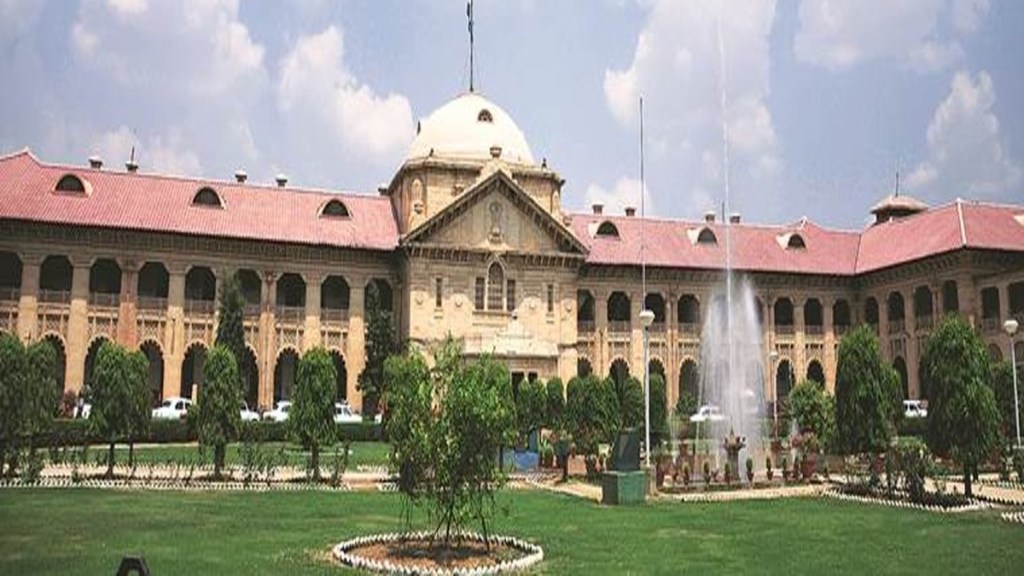The Allahabad High Court has set aside a complaint filed against a woman on grounds that her first marriage could not be considered as solemnised since the essential ‘Saptapadi’ ceremony (taking seven steps by the bridegroom and the bride jointly before the sacred fire) was not performed.
Justice Sanjay Kumar Singh presided over the case, allowing a petition filed by Smriti Singh, who challenged a complaint lodged against her by her husband under Sections 494 (Bigamy) and 109 (Punishment of Abetment) of the Indian Penal Code (IPC).
The complaint alleged that Smriti Singh had entered into a second marriage without obtaining a divorce from her first husband. The Magistrate Court summoned Smriti Singh and others based on the complaint. In response, the applicant and co-accused approached the High Court, contending that the complaint was a retaliatory action as Smriti Singh had previously filed an FIR against her husband and his family.
It was argued that the complaint and witness statements failed to assert the solemnization of the marriage and the performance of the ‘Saptapadi’ ceremony, as mandated by Section 7(2) of the Hindu Marriage Act. Therefore, the defence argued that no offence under Sections 494 and 109 IPC could be established.
Upon careful consideration, the court found that the allegations of a second marriage against Smriti Singh had been investigated and proven false by the police.
Furthermore, the court emphasised that the term ‘solemnize,’ in the context of marriage, implies the celebration of the marriage with proper ceremonies and formalities. It maintained that a marriage can only be considered solemnised when these ceremonies are duly observed and performed.
The Court stressed that a marriage must be valid according to the applicable laws to be recognised as such. To establish an offence under Section 494 IPC, it is crucial that the second marriage be celebrated with the proper ceremonies and formalities.
The Court noted that the parties involved were Hindus, and according to Hindu law, the ‘Saptapadi’ ceremony is an essential component of a valid marriage. However, in the present case, there was a lack of evidence regarding the performance of the ‘Saptapadi’ ceremony during the alleged second marriage.
“Where marriage is disputed, it is not enough to find that marriage took place, leaving it to be presumed that rites and ceremonies necessary to constitute a legal marriage were performed. In the absence of cogent evidence in this regard, it is difficult to hold that the ‘Saptapadi ceremony’ of the marriage as contended by the complainant was performed so as to constitute a valid marriage between the parties concerned,” the court observed.
The court further noted that there was no mention of ‘Saptapadi’ in the complaint or the statements under Sections 200 and 202 of the Criminal Procedure Code (CrPC).
Considering these factors and evaluating the contents of the complaint at face value, the court found that the essential elements to establish an offence under Section 494 read with Section 109 of the IPC were absent.
Consequently, the court deemed the criminal proceedings against the applicants “nothing but a malicious prosecution with an ulterior motive” and quashed the impugned criminal proceeding to uphold the cause of justice.
(With inputs from Live Law)

